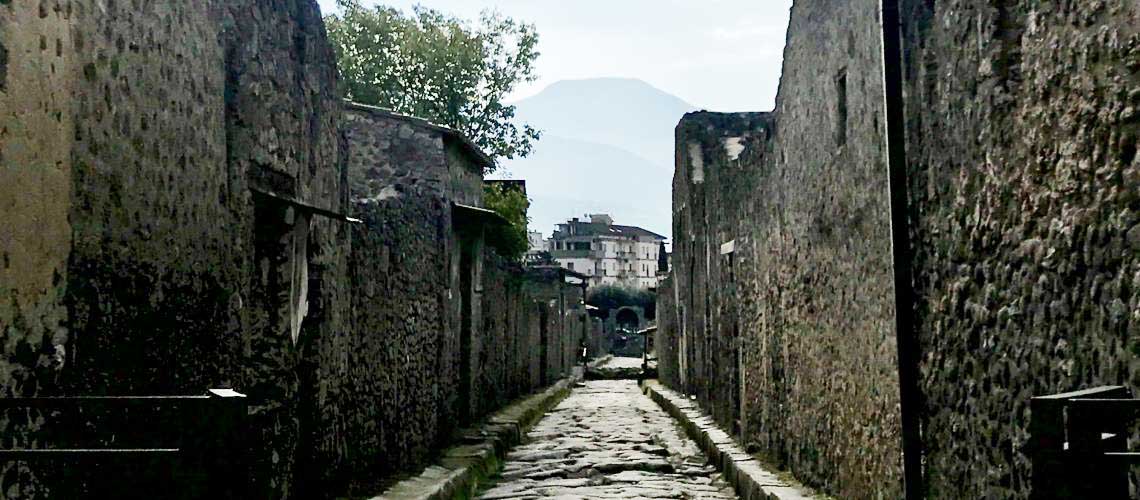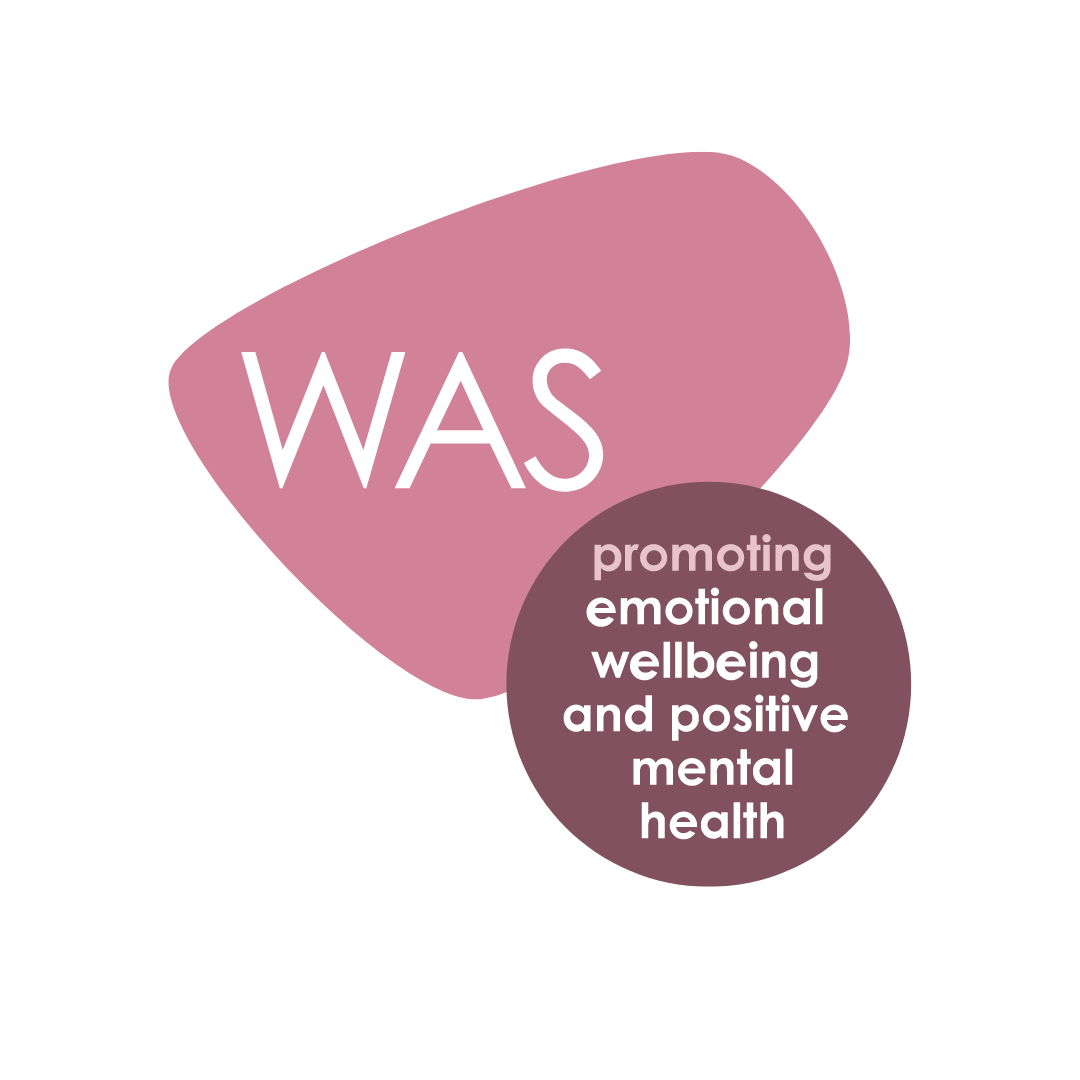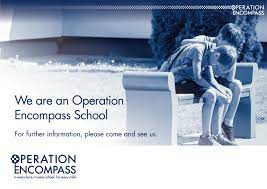Latin & Classics
Welcome to the Classics Department
“I would make them all learn English: and then I would let the clever ones learn Latin as an honour, and Greek as a treat.”
Winston Churchill

Children at Mowden Hall School begin their journey into the Latin language in Year Five. We introduce them to the family of Caecilius, a real Roman, who lived in the city of Pompeii almost two thousand years ago. This draws the children into the different aspects of Roman life through Caecilius and his family’s daily routines. Language points are introduced through a series of captioned pictures; pupils are encouraged to identify connections with English and other languages they know, alongside the images, to work out the structure and meaning of the Latin. From this they quickly realise that many English words are derived from Latin, and consequently improve their command of their own language by adding to their vocabulary.
Once a buzz and curiosity about the language has been developed, we begin to introduce elements of grammar to the teaching. This gives the pupils a structured framework upon which to formalise their understanding of Latin’s structure. It is from this early point that we begin practising their Latin composition skills. We maintain a balanced approach to learning throughout their 4 year journey into the Latin language, with grammar, translation and composition being of equal importance.
In addition to this, we take time to delve into the fantastic world of Greek myths and legends, from Jason and the Argonauts and Heracles’ labours to the epic adventures of Odysseus; these are familiar tales that have inspired generations of writers and poets, from Shakespeare to J K Rowling. Echoes of these stories can be found throughout literature and the children take great pleasure in discovering these links. A number of different approaches are used to explore the stories and bring them to life, for example research projects, writing newspaper articles and dramatic retellings to name a few.
Vocabulary Practice: Memrise
Learning the vocabulary of a new language has always been daunting for children, however, through the use of a website called Memrise, progression, in terms of vocabulary learning, is clear and personalised. Pupils begin learning Level I vocabulary in Year 5, and move on to the Level II and III word lists at an individual pace. Memrise is a very clever vocabulary learning programme, it effectively personalises each pupil’s vocabulary learning; if they continue to get a word right it fades into a review section; if they continue to make errors with a certain word, it will keep testing them on the word until it is sure they have it in their long term memory (LTM). Their LTM scores are tracked and recorded by the teacher. Since moving away from weekly vocabulary tests and implementing this personalised approach, pupils have grown in confidence with, and enthusiasm for, learning their vocabulary.
Lesson allocations (per week):
| Latin | |
|---|---|
| Year 5 | two 35 minute lessons |
| Year 6 | two 35 minute lessons and one prep of 30 minutes. |
| Year 7 and 8 | four 35 minute lessons and one prep of 30 minutes. |
| Ancient Greek | |
|---|---|
| Year 8 (upper stream) | two 35 minute lessons |
Common Entrance Levels
Usually, in Year 7, pupils are streamed into two sets: the lower stream works towards completing Level II at Common Entrance; the upper stream completes Level III Common Entrance.
Scholarship
Potential academic scholarship candidates, who generally sit their examinations in February or May, are placed in the upper stream. Additional tutorials enable the scholars to cover the Level III material at a faster pace and to quickly move on to the content required for Scholarship during both tutorials and within lessons. Scholarship candidates can also be prepared for Ancient Greek Level II and Scholarship papers in this way.
Scholarship candidates who take their examinations in February subsequently follow a paralinguistic course, looking closely at topics such as Pompeii, Gladiators, Julius Caesar and the Roman Army, whilst beginning to explore some texts by original authors such as Catullus, Virgil and Apuleius.
Educational Visits
We are extremely fortunate to have Hadrian’s Wall right on our doorstep and trips to sites such as Vindolanda and the Roman Army Museum are organised annually.
Further to this, students at Mowden Hall are able to take part in a trip to Pompeii and Herculaneum, which takes place bi-annually. This is an awe-inspiring opportunity to bring the history and culture of the Romans to life. The trip in Autumn 2018 was a huge success and all the pupils returned aglow with enthusiasm for the culture and their experiences









